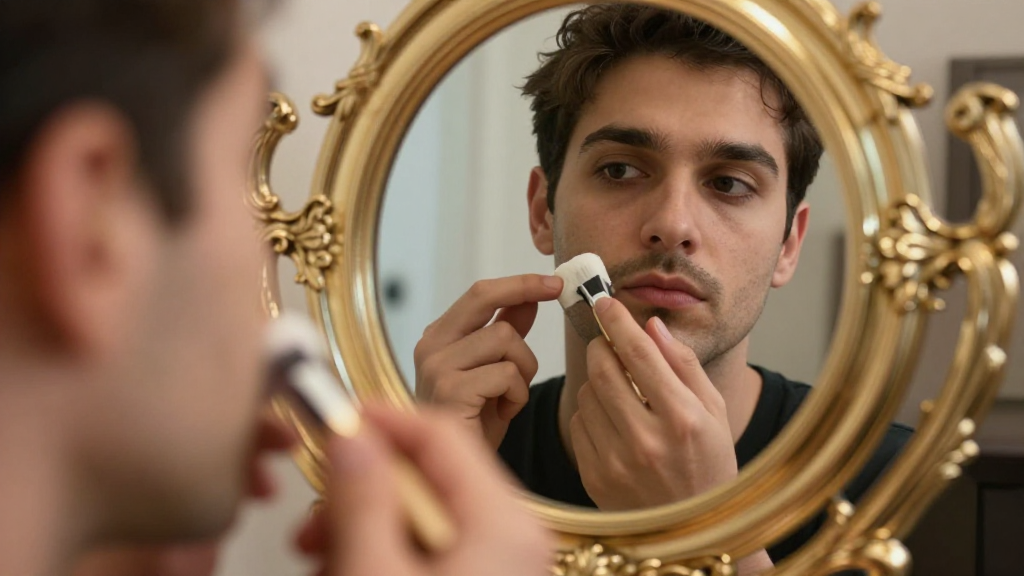Free PDF Guide:
GRAB ITFREE PTSD QUIZ
Breathing in affection for yourself (Meditation script)
Breathing in affection for yourself and others script 1
When you breathe, you are taking in air, and when you breathe out, you are letting go of it.
You have likely breathed in anger, stress, worry, and so forth, which has caused the body to tighten. The breath holds the same elements that make up the physical world, so it is possible to use the breath to heal the body, mind, and spirit.
To begin, bring awareness to your breathing.
Focus on the inhalation. Imagine taking in a sense of joy, kindness, and happiness. Let the breath fill you with the good that you want. You may say a prayer or mantra of gratitude, or you may simply breathe in the positive thoughts you wish to infuse into your life.
Imagine sending your breath to people you love. You may imagine sending them the energy of joy, love, and happiness. For example, you may think, “I send them love,” or, “May they be happy.”
Imagine breathing in the same qualities for yourself. “I breathe in love,” or, “May I be happy.”
Continue to inhale and exhale as needed. At the end of the practice, allow the breath to naturally slow down.
Take three deep breaths and rest. Close your eyes and bring your awareness back to the breath as it continues to flow.
You have just practiced mindful breathing. This is the simplest way to bring more kindness and love into your life. Try it next time you notice that you are upset, or you’re feeling stressed.
If you have any questions or comments, please post them below.
Breathing in affection for yourself script 2
Breath is life. If you are not breathing, you are dying. By taking control of your breathing and practicing in this way, you are able to connect more deeply to your emotions, to your body, and to the world around you.
When you feel yourself begin to get lost in the world, it may be useful to practice the art of mindful breathing to reconnect with your inner life.
Close the eyes and bring your attention to the sensation of the body breathing.
Take a few breaths, noticing the sensations of the chest rising and falling.
With each exhalation, say out loud a phrase of gratitude for your existence. You can choose a phrase that feels good to you. Maybe you are grateful for the food you eat, the clothes you wear, or your family and friends.
Whatever phrase you choose, stay with it for three or four breaths.
Then, breathe in the feeling of gratitude for your existence. You can say: I am grateful for my life. I am grateful to be breathing. I am grateful for this experience.
With the breath, offer the phrase out loud, over and over again. You can stay with this for as long as you want.
If you do this exercise, it can help you cultivate an attitude of appreciation for life.
You can practice with phrases that resonate with you, or you can make up your own.
Breathing in affection for yourself script 3
In this exercise, you will focus on the breath to notice what your body feels like as you inhale and exhale.
You will be noticing the difference between a normal breath and a full breath.
Begin by taking a deep inhale and noticing the breath inside your chest.
At the top of the inhale, you are drawing the breath into the lower belly.
When you exhale, you are bringing the air out of the lungs. You should be filling up the lower belly with air.
There is a natural pause in between each inhalation and exhalation. This is called the natural pause.
Notice the difference between a normal pause and a full pause. As you inhale and exhale, feel the air filling up the lower belly, and notice if you can find a natural pause.
It can take practice to get used to finding pauses. When you feel yourself resisting the natural pause, take the same breath again and see if you can notice the pause in a different way.
You may not always be able to find the natural pause, but you can learn to do it with practice. Even if you don’t find the natural pause, you will still notice what is happening with your breathing.
As you become more familiar with your breath, begin to notice how your breath feels during the pause. Does it feel warm? Cold? Full? Empty? Soft? Firm?
As you continue to practice, you may notice that your body gets warmer. You may notice that your face feels more relaxed or your shoulders drop a little. Notice your body with your awareness.
If you find your body relaxing and getting warmer, notice this. Let the sensations grow. You may notice that you are feeling more relaxed.
You may also notice that as you breathe, your mind becomes less anxious. You may notice that you feel calmer, that you feel more spacious and relaxed.
Notice your emotions and what they feel like. What happens when you become aware of how your emotions are changing?
Your attention has shifted. You have shifted your attention from the breath to the feelings in your body.
When you shift your attention to your body, you are able to let go of thoughts. You are able to notice what is going on in your mind.
As you become more familiar with your body, you will notice that your mind settles and calms. You will notice that you are able to let go of thoughts.
As you practice breathing in this way, you will discover that you feel more alive and relaxed. You will learn that your mind and body can be in harmony, that your body and mind can work together.
When you become more aware of your body, you will notice that you are happier and more peaceful. You will notice that you are living a life that is true to yourself.
You will notice that you feel more alive and free. You will notice that you feel more powerful and more capable.
You will notice that you are living a life that is worth living. You will notice that you are becoming a better you.
Click here to get back to the list of self-compassion meditation scripts
References
- Neff, K. D., & Germer, C. K. (2013). A pilot study and randomized controlled trial of the mindful self-compassion program. Journal of Clinical Psychology, 69(1), 28-44. https://doi.org/10.1002/jclp.21923
- Brown, R. P., & Gerbarg, P. L. (2012). The Healing Power of the Breath. Shambhala. ISBN: 978-1590309025
- Kabat-Zinn, J. (1994). Wherever You Go, There You Are: Mindfulness Meditation in Everyday Life. Hyperion. ISBN: 978-1401307783





